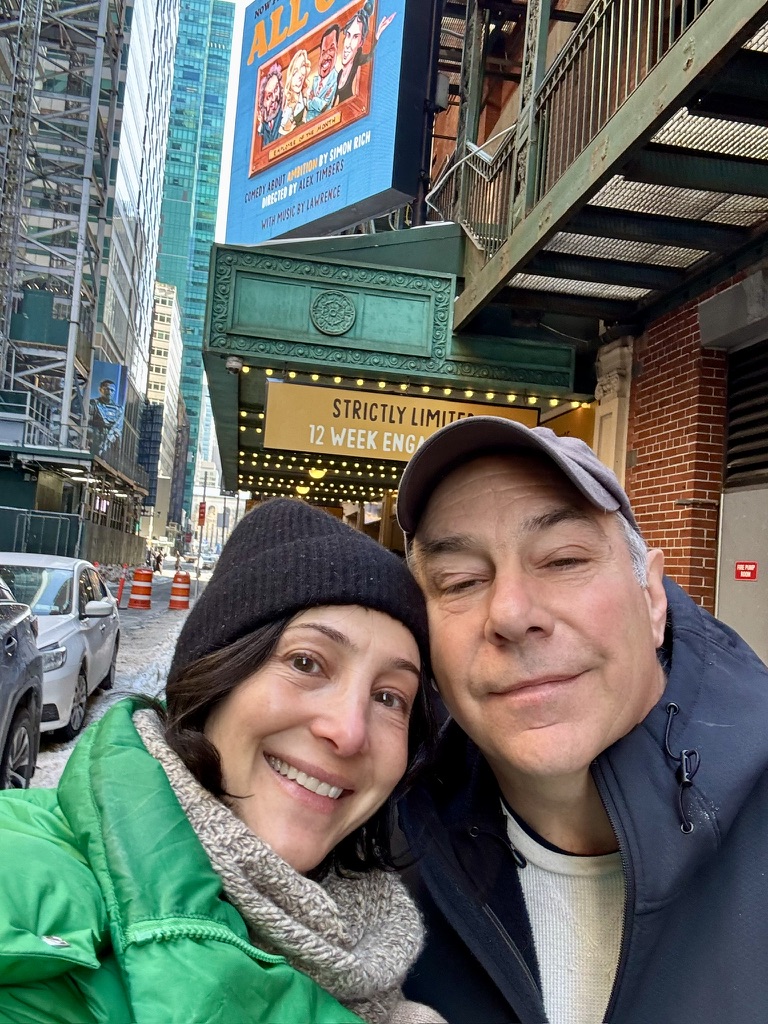My agent recently read my current manuscript and sent back an email with some comments. Despite sentences like:
I adore these pages! Once again you left me with a cliff-hanger (although many of your chapters end with suspense), and I can’t wait to find out what happens next.
Caroline’s…breakdown, do we call it that?…is terrific, and the fact that her solution to the crisis in her life is to confront Emily is fascinating,
… I crumbled upon reading her comments and was forced to endure the 21 stages of accepting an agent’s critique:
- What? She didn’t love every single word? What’s her freakin’ problem?
- She doesn’t know what she’s talking about. This story is perfection.
- Why is she trying to ruin my day?
- I’ll just ignore the email. Maybe I’ll delete it.
- I won’t delete it. But I won’t open it ever again.
- Fine, maybe I’ll read it again.
- Okay, she said a few good things. She seems to like the story.
- Didn’t she realize that this is a first draft?
- She’s wrong about most of these suggestions.
- Except she’s not.
- Damn it. She’s not.
- I would never tell her, but she actually makes some good points.
- Fine. She might be right, but I don’t have to like it.
- Actually, I like a few of these suggestions a lot.
- This is good. I can definitely do something with this.
- You know, these suggestions will vastly improve the story.
- Wow. How did I miss such obvious problems with characterization?
- Great. Now I have to revise. I hate revision.
- Actually, this isn’t so bad. It’ll make the rest of the writing much easier.
- I love revision!
- I’m so lucky I have Taryn. She’s a freakin’ genius.


